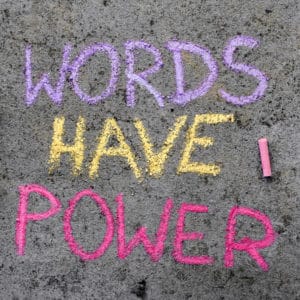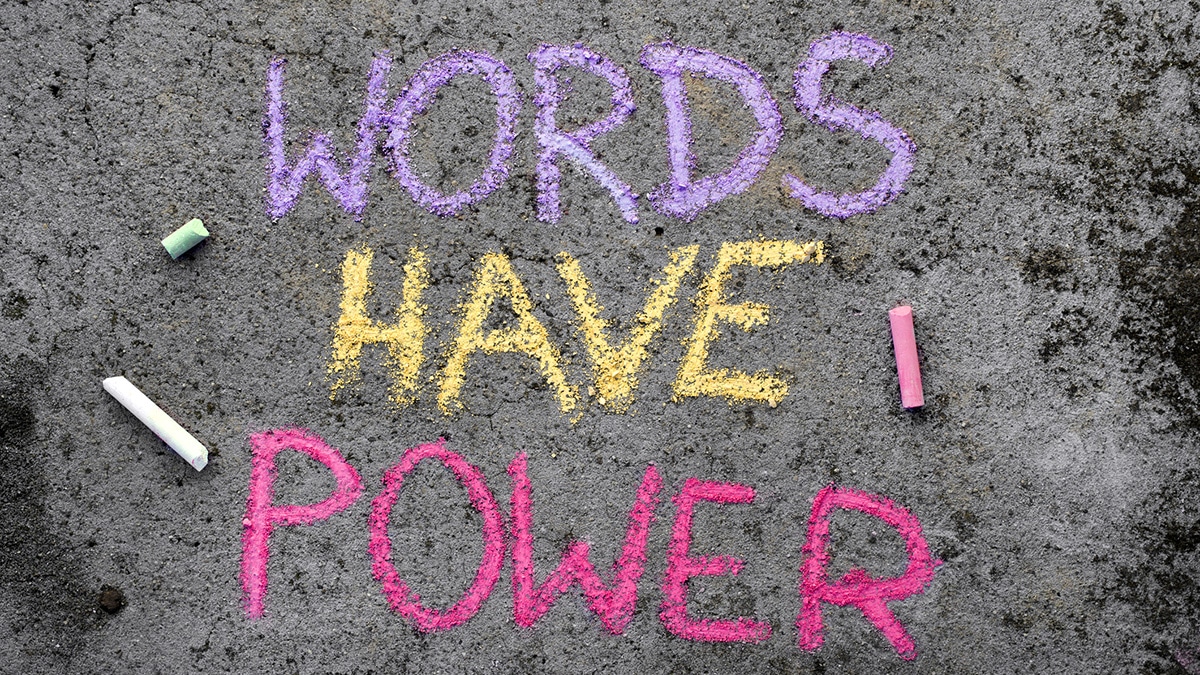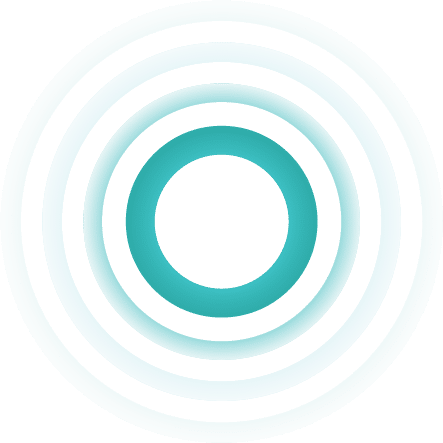By Michelle Pearce, MD, Jill Shuster, PhD, CPsych And Sandy Lane, MA, SLP
At Possibilities we think a lot about neuroscience. We think about how the brain develops and how that development influences thoughts, feelings and actions. If we asked child development experts what Top Five Factors support healthy brain development, we’re certain they would say 1) necessities of life like food and shelter, 2) love 3) health, and 4) education. What’s number 5? We would say…
Language.
And if any experts disagree, we’ll use our words—all day and every day—to strongly argue our point!
A New Assessment Service at Possibilities
At Possibilities, we’ve introduced a Comprehensive Early Language and Social Development Assessment service to support strong beginnings in children 12 months through 5 years of age. Why? Because we recognize the power of communication to support brain development—and all the amazingly fantastic, wonderfully inspiring things made possible by healthy brain development like solid learning and effective social skills. If your child’s communication is delayed, optimal development is compromised on many levels—like learning about the world, interacting with people effectively, managing emotions, and responding to challenges with resilience. All of these skills are made possible because of words—because of sentences that soothe and convey empathy, because of skilful conversations that help us figure out how to cope and get along, and because of limitless knowledge that comes from ideas spoken all around us.
Reflect on the power of words
As you read these sentences, reflect on the power of words—and on your ability to understand them—as the words dance around in your brain. How could you learn about these ideas (or about anything, really) if you don’t have a vast range of words to help support your understanding?
Words expand thinking. Words allow you to communicate important ideas, like who you are, and who you wish to become. Words allow you to understand conversations, and to know facts, and to learn new things. Words we understand when people speak help us understand the stories we read. Words have this wonderful power whether you are an adult or a child. Words can either expand possibilities or limit potential.
When you understand some words, you can learn some things.
When you understand many words, you can learn many things.
When you speak some words, you can say some things.
When you speak many words, you can say many things.
The ultimate goal, then, is to help your child learn as many words as possible—and even more after that! Words can unlock potential. But timing is key.

Timing and windows of opportunity
Language develops at different times and at different speeds in children. But small delays in communication skills can turn into big gaps later on if early problems are ignored or left for later.
Brain research shows that there are windows of time in early childhood—called critical periods—when the brain is most ready to learn language. But as time goes by, these windows of opportunity start to close, making it much harder for your child to learn to speak and to understand words and sentences. So it’s really important to start interventions early if your child has problems communicating, before the brain’s windows of opportunity for learning language most effectively start closing. Consulting with experts early on is one of the most important things you can do for your child if you have concerns.
Experts in early child development
We’ve assembled a group of experts from psychology, speech-language pathology, and neuropsychiatry to help figure out why your child is having difficulties in language or social-emotional development or both. The assessment is in-depth, and happens over 6 sessions on different days. You will meet with a neuropsychiatrist, psychologist and speech-language pathologist who will gather important information. Your child will also be involved in the assessment, through observation, and through direct testing, depending on your child’s age.
At the end of the assessment, you will receive a report outlining the findings from the sessions. You will also speak with the experts on your child’ s Assessment Team about the findings, and about their suggestions for helping boost your child’s communication skills . Their strategies and suggestions will also appear in the report.
Words are wonderful, powerful, inspiring and amazing! Without them, it’s tough to build exciting possibilities. Please reach out to us, and share in your own words your child’s strengths and communication challenges, and your hopes for fulfilling your child’s greatest potential.
You can find more information here about our Comprehensive Early Language and Social Development Assessment.











